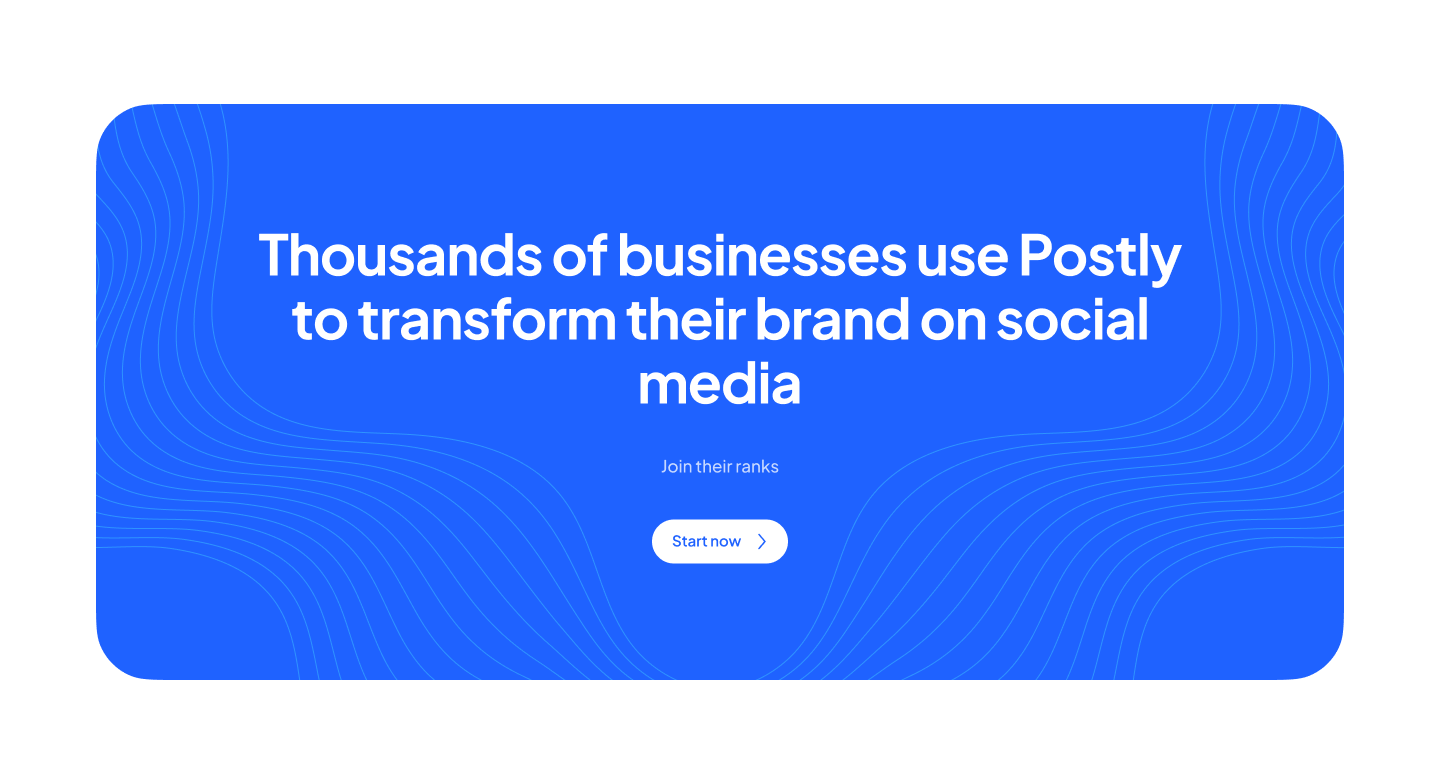AI Overview: Transforming Search, SEO, and the User Experience

AI Overview: Transforming Search, SEO, and the User Experience
Artificial Intelligence (AI) is reshaping how we search for information and how businesses optimize their online presence. While AI’s impact on search and SEO has brought significant advancements, it has also sparked debates about its unintended consequences, such as reducing the need for users to click on websites for detailed information. This article explores these dynamics, how AI influences search and SEO, and offers actionable tips for both users and businesses.
The AI Impact on Search
AI-powered search engines have introduced advanced features that make finding information more efficient, including:
- Generative AI Overviews: Tools like Google’s Search Generative Experience (SGE) and Bing Chat summarize complex queries into concise, AI-generated overviews directly in search results.
- Personalized Responses: AI algorithms analyze user behavior and preferences to tailor search results, often providing contextually rich answers without requiring additional clicks.
- Voice and Visual Search: AI allows users to perform searches through voice commands or images, offering immediate results that align closely with their queries.
Does AI Reduce the Need for Website Visits?
One of the most debated aspects of AI-enhanced search is whether it diminishes the need for users to visit websites. Here are key points to consider:
1. AI-Generated Overviews vs. In-Depth Information
AI summaries are designed to provide quick, concise answers, often pulling information from multiple sources. For example, a user searching “What is the best way to grow tomatoes?” might see an AI-generated response that consolidates tips from several gardening websites. While this saves time, it may reduce traffic to the individual websites that contributed the information.
Challenge for Users:
- AI overviews often lack depth and nuance. For highly detailed, specialized, or authoritative content, users still need to click through to dedicated websites.
Challenge for Website Owners:
- Reduced click-through rates (CTR) mean fewer opportunities for businesses to showcase their expertise, build trust, or monetize their traffic through ads or conversions.
2. Accuracy and Credibility of AI Summaries
AI’s reliance on existing data makes it susceptible to inaccuracies or oversimplifications. Users seeking accurate, nuanced insights (e.g., medical advice, legal guidance) often find AI overviews insufficient and require direct engagement with authoritative sources.
3. User Behavior and Information Depth
AI overviews work well for straightforward queries but fall short for complex topics. For example, researching “how to optimize SEO for e-commerce” may require detailed guides, case studies, or tools that only dedicated websites provide.
How AI Impacts SEO
The way AI alters search behavior directly affects SEO strategies. With more answers provided in search results, businesses need to rethink how they drive traffic and engage users.
Key Changes in SEO Dynamics
- Shift from Clicks to Impressions: Businesses may gain visibility in AI summaries without receiving direct traffic. Measuring success now involves tracking impressions, brand mentions, and assisted conversions, not just clicks.
- Rise of Zero-Click Searches: A growing number of searches end without users clicking on a website because AI provides the necessary information upfront.
- Increased Competition for Featured Content: Websites must optimize content to appear in AI-generated responses, emphasizing high-quality, authoritative, and easily scannable information.
How Businesses Can Adapt to AI’s Impact on SEO
Small businesses and content creators can thrive in an AI-driven search environment by adapting their strategies:
1. Focus on Authority and Trust
- Establish Expertise: Publish authoritative, well-researched content that search engines view as credible.
- Cite Sources Clearly: Content that is well-structured and transparent about its sources is more likely to be used in AI overviews.
2. Optimize for Featured Snippets and AI Summaries
- Use Clear Formatting: Include bullet points, tables, and concise paragraphs that AI can easily pull into summaries.
- Target Questions: Structure content around user intent and common queries using tools like Answer the Public or Google’s People Also Ask.
3. Diversify Traffic Sources
- Leverage Social Media: Drive traffic through engaging social content to supplement potential losses from organic search.
- Build an Email List: Focus on direct engagement with your audience to reduce dependency on search engines.
4. Add Value Beyond AI Summaries
- Offer Interactive Content: Use tools, calculators, quizzes, or video content that AI cannot replicate in a static summary.
- Deepen User Engagement: Include long-form, in-depth guides or resources that encourage readers to spend more time on your site.
Tips for Users: When to Trust AI Overviews and When to Dig Deeper
For users, the convenience of AI-generated summaries can be a double-edged sword. Here’s how to navigate:
- Assess the Credibility of the Information: Check the sources listed in the AI overview. If they’re unclear or seem generic, click through to trusted websites for confirmation.
- Look for Nuance: Use AI overviews for quick answers but dive into specific websites for detailed, actionable advice.
- Explore Follow-Up Questions: AI tools often allow follow-ups, but deeper research is often required for more complex queries.
- Trust Specialized Sources: For critical topics (e.g., finance, health), rely on reputable websites or expert-authored articles rather than AI summaries alone.
Conclusion
AI is undoubtedly transforming search and SEO, bringing efficiency and personalization to users. However, it also raises challenges for businesses as AI-generated overviews reduce the need for clicks, potentially impacting website traffic and engagement.
For users, while AI provides a helpful starting point, it’s essential to evaluate whether the overview offers enough depth or if further research is needed. For businesses, adapting SEO strategies to emphasize authority, trust, and unique value can ensure continued relevance in an AI-driven search landscape.
The future of search is a partnership between AI and human expertise—balancing convenience with credibility will define success for both users and businesses.
#ArtificialIntelligence, #AIOverview, #MachineLearning, #NeuralNetworks, #FutureOfAI, #DataScience, #TechnologyInnovation, #AIApplications, #TechTrends, #DigitalTransformation, #AIinBusiness, #Automation, #SmartTechnology, #AIExplained, #GenerativeAI

